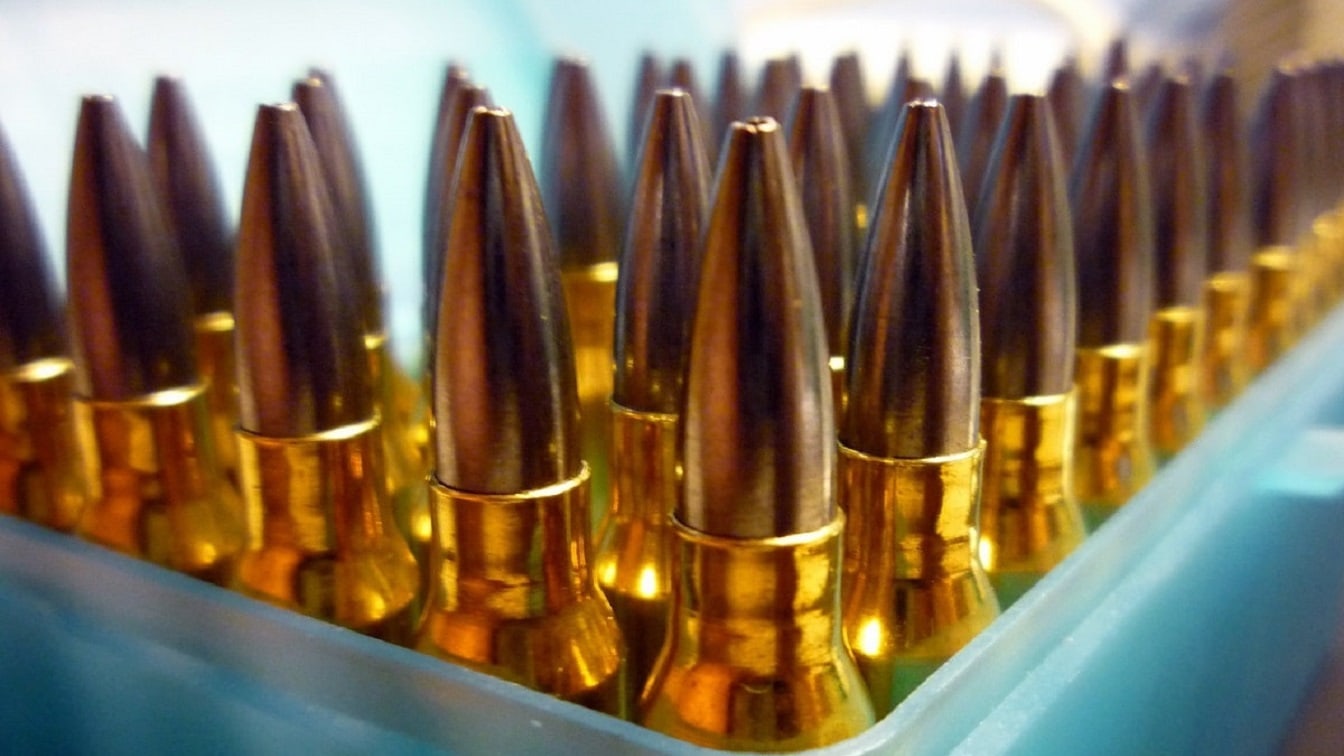What happens when the world’s two most dangerous humans meet?
We are about to find out. Vladimir Putin and Xi Jinping are going to get together for their 40th in-person chat Monday. The conversation, in Moscow, is scheduled to run until Wednesday.
Xi’s timing confirms the closeness to his Russian counterpart. The summit, for one thing, is being held much earlier than expected. The Wall Street Journal on the 21st of last month reported the pair might get together “in April or in early May.”
As it turned out, the announcement of the meeting occurred just hours before the International Criminal Court in The Hague issued a warrant for the arrest of the Russian president for the deportation of Ukrainian children. Beijing and Moscow had to know the warrant would be announced soon, so the trip could be China’s way of signaling support for Russia’s alleged war crimes, including genocide, in Ukraine.
During the three-day meeting, Xi and the war criminal suspect—there’s little doubt that Putin is both guilty as charged and the perpetrator of other horrific acts—will undoubtedly issue expressions of support for the other. They are also expected, at least according to Russian media, to sign significant agreements.
There will certainly be discussions about Beijing’s 12-point peace plan, titled “China’s Position on the Political Settlement of the Ukraine Crisis,” released February 24. Xi Jinping will undoubtedly press acceptance of his proposal in order to leverage the success of the Iran-Saudi deal Chinese diplomats brokered this month.
China’s Ukraine proposal was “essentially ignored” as the Associated Press put it. And for good reason. National Security Council spokesman John Kirby correctly termed Beijing’s call for an immediate cease-fire a “ratification of Russian conquest.” A halt to the fighting, he said, would allow Russia’s forces to recover “so that they can restart attacks on Ukraine at a time of their choosing.”
China Back Russia in the Ukraine War: The Facts
Observers say that at this time, Ukraine has the advantage on the battlefield. Beijing knows that. Allowing Russia to regroup is not in the interests of anyone but the Russians.
And the Chinese. In reality, Ukraine is a superpower proxy war, and China is backing Russia.
Russia and China know the stakes. Vladimir Putin is obviously all-in on Ukraine, and the Chinese are in full support. It’s apparent, for instance, that China greenlighted the invasion of Ukraine. Russia and China issued their 5,300-word joint statement after Putin met Xi in Beijing on February 4 of last year, just 20 days before Russia’s attack. That’s when they declared the “no-limits” partnership.
“No limits” is not much of an exaggeration. China, with elevated commodity purchases, effectively finances Russia’s war. Furthermore, Beijing has been offering financial services to Russia as America and partners cut Russian banks and institutions off. Beijing is putting diplomats in service of Moscow. Chinese central government and Communist Party media have been amplifying Russian war disinformation.
Moreover, China has been providing lethal assistance. In the opening moments of the war, there is reporting suggesting China fed location data, obtained from the Chinese-made drones that Ukraine had been operating, to Russia so that it could take out the drone operators.
More recently, there is also evidence to suggest China has been selling drones to Russia’s Wagner Group.
Indeed, Beijing has been supplying urgently needed items. In November, Defense Express, a Ukrainian site, reported that almost every day an An-124 cargo plane ferried military products from China’s Zhengzhou to Russia. The Russian planes turned off their transponders when they departed. The Washington Free Beacon in January reported that the flights carried, among other things, ammunition.
The Biden administration for the longest time refused to acknowledge China’s lethal assistance, saying only that Beijing was contemplating providing it. Now, Washington has had to make an admission. In the middle of this month, according to Kyodo News, the U.S. confirmed the presence of Chinese ammunition littering battlefields in Ukraine.
Now that it’s clear that China’s regime has crossed President Joe Biden’s “red line,” the Chinese leadership is probably worried about what happens next. That could also explain the timing of Xi’s excursion to Moscow.
In any event, Xi and Putin are clearly coordinating policies, dividing the international system into camps and in the process forming the core of a new axis. The war in Ukraine, therefore, looks like the first conflict of a divided world, what some are calling “Cold War 2.”
As Henry Kissinger declared last May to the Financial Times, “We are now living in a totally new era.”
Joe Biden Dithers
In the first phase of that era, China and Russia have grabbed the initiative. President Biden, on the other hand, so far doesn’t know what to do. The free world needs a Reagan, not a Carter. Biden at the moment, resembles Carter.
In broad outline, this time resembles the late 1930s, when the West’s great democracies were in disarray.
China and Russia, on the other hand, are driving events. The Chinese foreign ministry characterized the Xi visit to Moscow as “a trip for friendship.” “It will,” the ministry said, “further deepen mutual trust and mutual understanding between China and Russia and cement the political foundation and public support for the long-standing friendship between the two peoples.”

Xi Jinping and Russian President Putin.
Beijing believes the new era is going to last a long time. What the American president does at this moment, therefore, will affect generations.
Author Expertise and Biography
A 19FortyFive Contributing Editor, Gordon G. Chang is the author of The Coming Collapse of China and The Great U.S.-China Tech War. Follow him on Twitter @GordonGChang.

